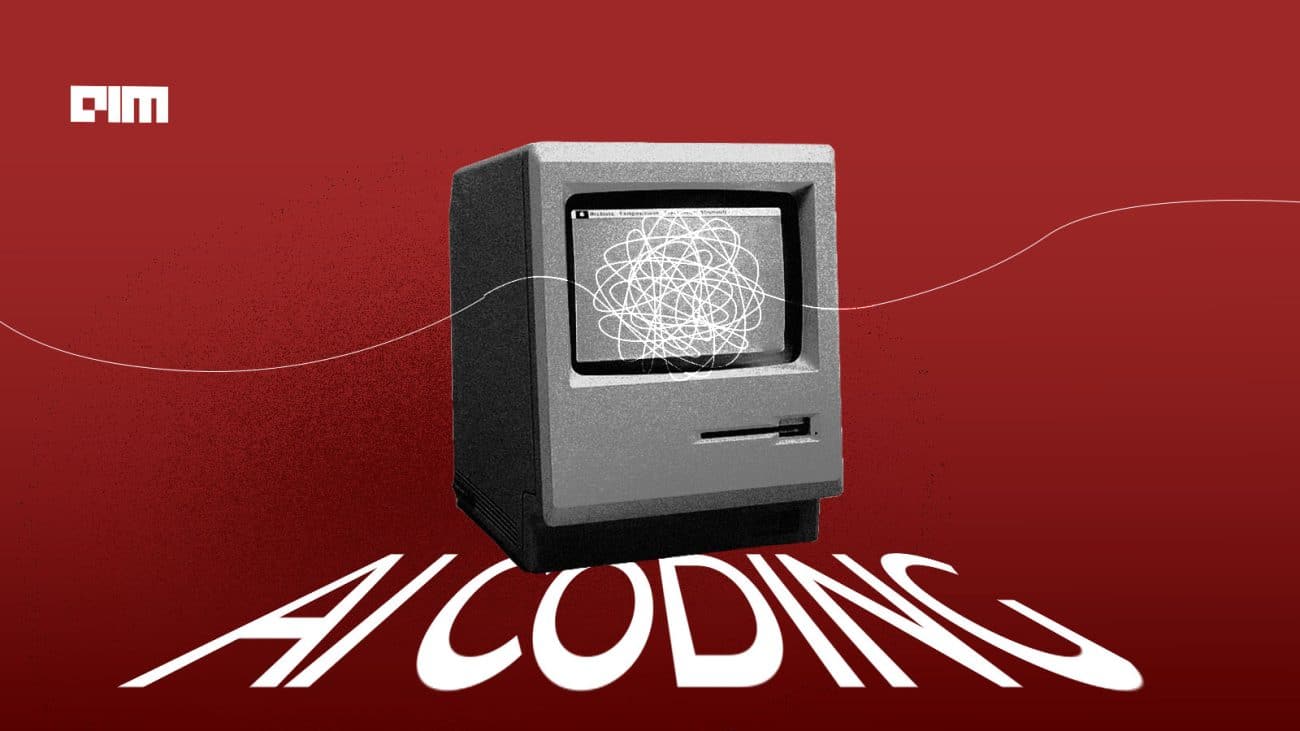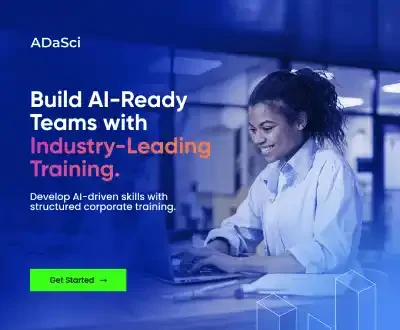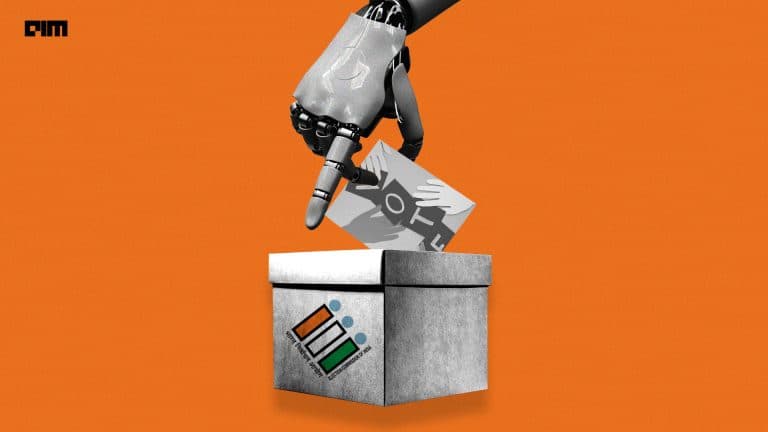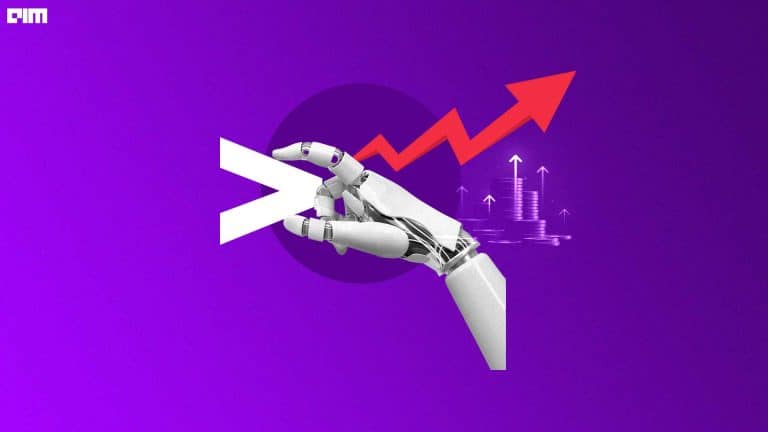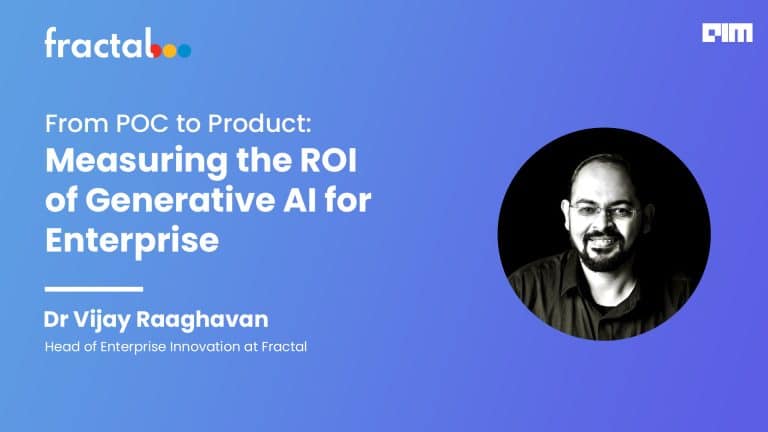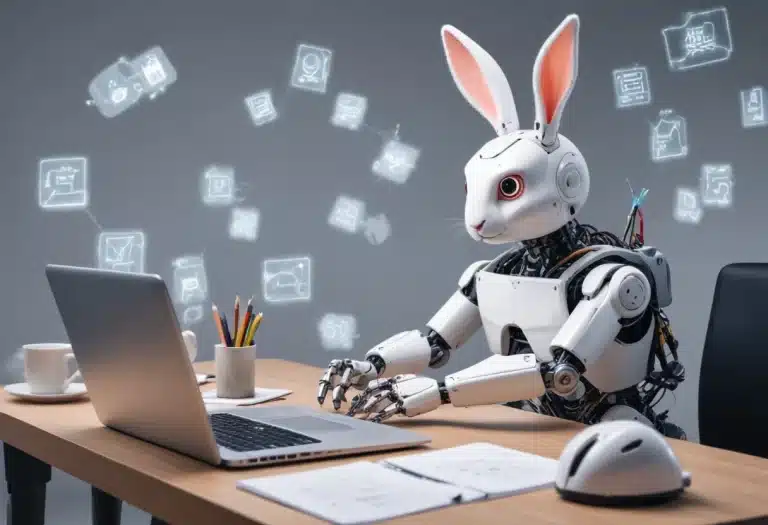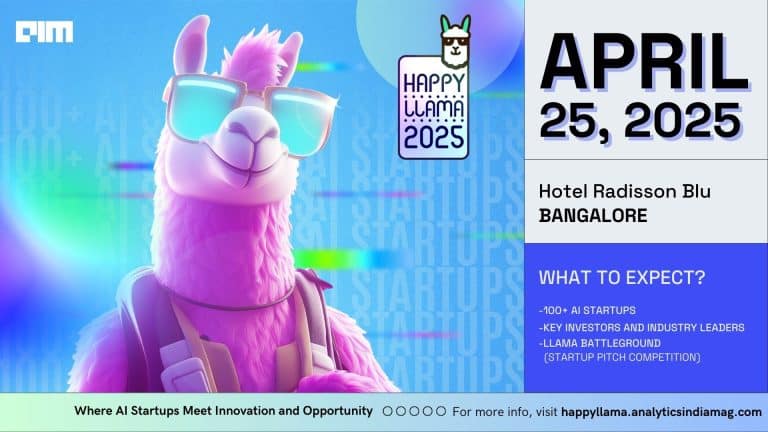In India, the IT industry is typically the first sector people think of when concerns about AI’s effect on jobs are raised. This is largely because Indian IT firms focus on service-based models rather than product creation, meaning they don’t tend to hire top-tier talent for coding and software engineering. As a result, engineering jobs in these companies face the highest risk of being replaced by AI.
In all of their latest earnings calls, IT giants like TCS, Infosys, Wipro, HCLTech, and Tech Mahindra revealed they are building AI capabilities for their clients, which include small language models and agentic AI. It might seem like there must be a significant talent pool within these firms that can build such capabilities and know how to code. In reality, however, that is not the case.
Several earlier reports revealed that most Indian engineers do not know how to do basic programming. One report, in particular, indicated that only 5.5% of total engineers are qualified with basic knowledge of coding. Now, with AI coding tools like Cursor and others in the picture, the case for engineers is likely to worsen.
While speaking to AIM at MLDS 2025, Tanay Pratap, YouTuber and founder of Invact Metaversity, stressed that AI coding tools and agents coming up in the market could threaten Indian IT employees.
“Indian IT services don’t code,” Pratap said. “Thirty years of IT revolution in the country, but we still don’t know how to produce coders at scale.” He added that even when graduates come out of universities with a computer science degree in India and join IT firms, their ability to code still remains questionable.
What’s the Threat?
With the rise of AI tools, the demand for hardcore developers who can write code is expected to increase as well. Several industry experts like Yann LeCun, François Chollet, and Sam Altman have said that as AI begins to write better code, there will be a higher demand for developers who can review and also write better code.
However, Indian IT engineers are not incentivised enough to be coders. “People will always want more automation,” Pratap said while giving the example of how there is always demand for more products, like the rise of 10-minute delivery apps in India. “We did not know we needed them but it was definitely beneficial.”
Currently, the biggest exporter in India that contributes to the economy is the IT service companies. However, instead of having coders and programmers, these IT services support and testing-related roles. “The whole business model [of Indian IT] is about exporting services like testing to global customers,” Pratap further said.
Citing an example from his time at Microsoft, he revealed that the company used to outsource entire product testing to an IT firm in India before deploying the product. However, with the rise of AI tools, the team in India that handled the testing would now be at risk, as Microsoft could soon be able to do the same with the help of AI tools.
“That is the biggest threat to the Indian economy since that is the biggest service we provide,” Pratap said.
The Need to Evolve
Despite producing around five to 10 million STEM graduates annually, India, as a populated and developing country, is running out of skilled software engineers who know how to code. However, the onus falls not just on the engineers but also on the incentives that these firms offer for the applicants to learn coding.
While India’s startup ecosystem is discussing building something foundational to challenge ChatGPT or China’s DeepSeek, Indian IT seems to remain unaffected by this. The whole idea of these firms is to continue providing services for their clients, which needs to evolve with time as coding is getting automated to a large extent.
This also raises the issue of upskilling at these Indian IT firms. Although efforts are made to upskill employees with generative AI, most of it revolves around training them on how to use AI tools instead of learning to code from scratch.
Arguably, graduates and engineers willing to join IT firms for the comparatively lower salaries they offer also lack the willingness to learn coding. If they did, they would opt for options that pay high even within the country.
Therefore, it appears increasingly likely that AI coding agents will challenge programmers in Indian IT firms. This is especially true since the tasks they currently perform could be easily handled internally by their existing clients with the help of AI tools. As a result, the demand for outsourced programming work may wane.


